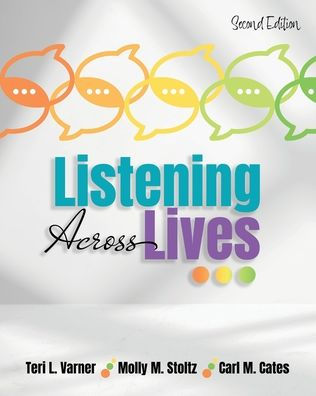Listening Disorders
A collection of thoughts and ideas regarding hearing loss, auditory processing disorders, psychological blocks to listening, and more
Listening Disorders
A collection of thoughts and ideas regarding hearing loss, auditory processing disorders, psychological blocks to listening, and more
From My Battle Call by Valli Gideons
Things I want people know about my children's hearing loss:
👂They are typical kids, who don't hear typically.
🤫If you speak in a quiet voice, they probably will not hear you. If you talk from across the room or with your back turned, they will miss most or all of what you say.
🔊When they are in a place with
How much headlong loss is too much?
This study has shown that some form of hearing loss is common after minor head injury and it should be evaluated in all patients to detect subclinical hearing loss. A significant number of patients having minimal and mild degree of hearing loss, which if managed properly, improve to preinjury status. DpOAE testing should be used as screening and
... See moreWhile you might take listening for granted, how well you listen, to whom, and under what circumstances determines your life’s course—for good or ill.

My contribution to this textbook:
Chapter 2 Why Some People Won't Can't Listen: An Introduction to Listening Disorders and Barriers to Effective Listening
Introduction
Chapter Objectives
Key Terms
What is Listening?
We Are All Born Listeners
Listening Begins with Hearing
And Hearing Begins with Sounds
Hearing and Understanding Voices
Hearing Loss
What is Hearing Loss?
Hearing Loss is at Epidemic Proportions Around the Globe
Types and Causes of Hearing Loss
Noise-Induced Hearing Loss
Hearing Loss: A Slow and Dangerous Progression
Hearing Loss and Listening
Auditory Closure and Prediction
Beyond Hearing: The Processes of Listening
Cognitive/Neurologic Disorders
Auditory processing disorders
Auditory processing disorder vs. attention deficit hyperactivity disorder
The Umwelt
Psychological Disorders
Exogenic Barriers
The High Cost of Ineffective Listening
Conclusion
References
Many medications that are given to elderly patients are ototoxic and exacerbate the individual's hearing loss.